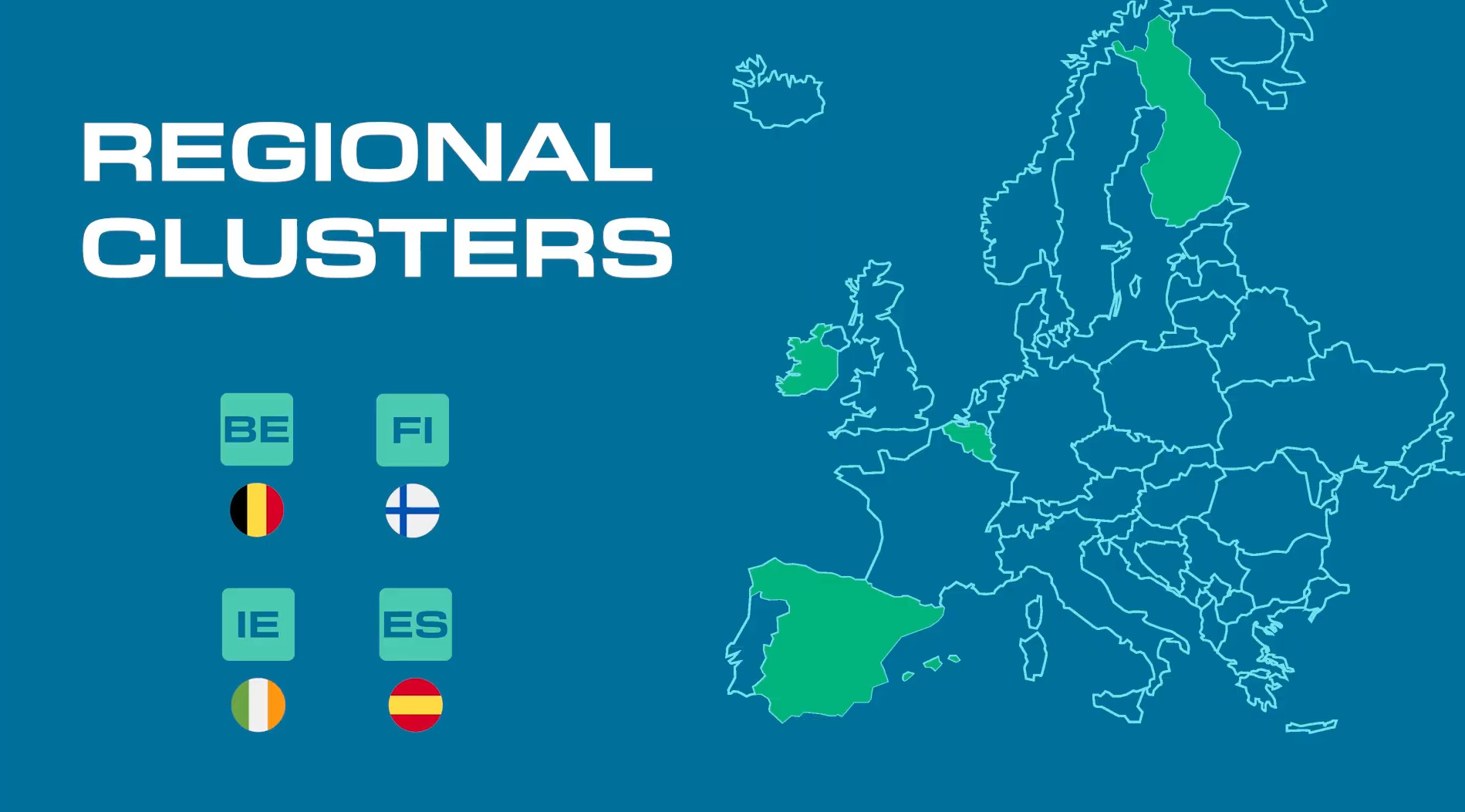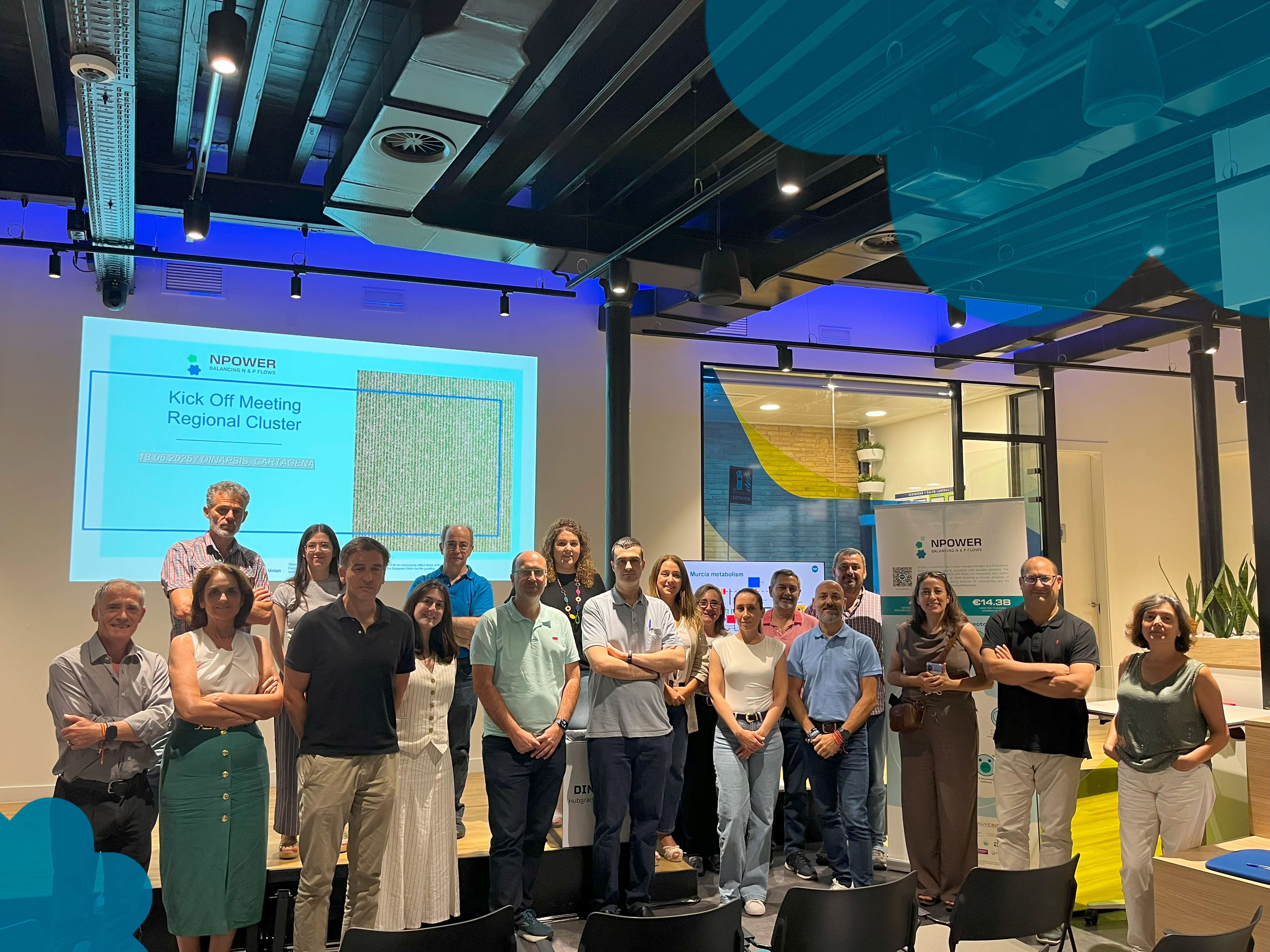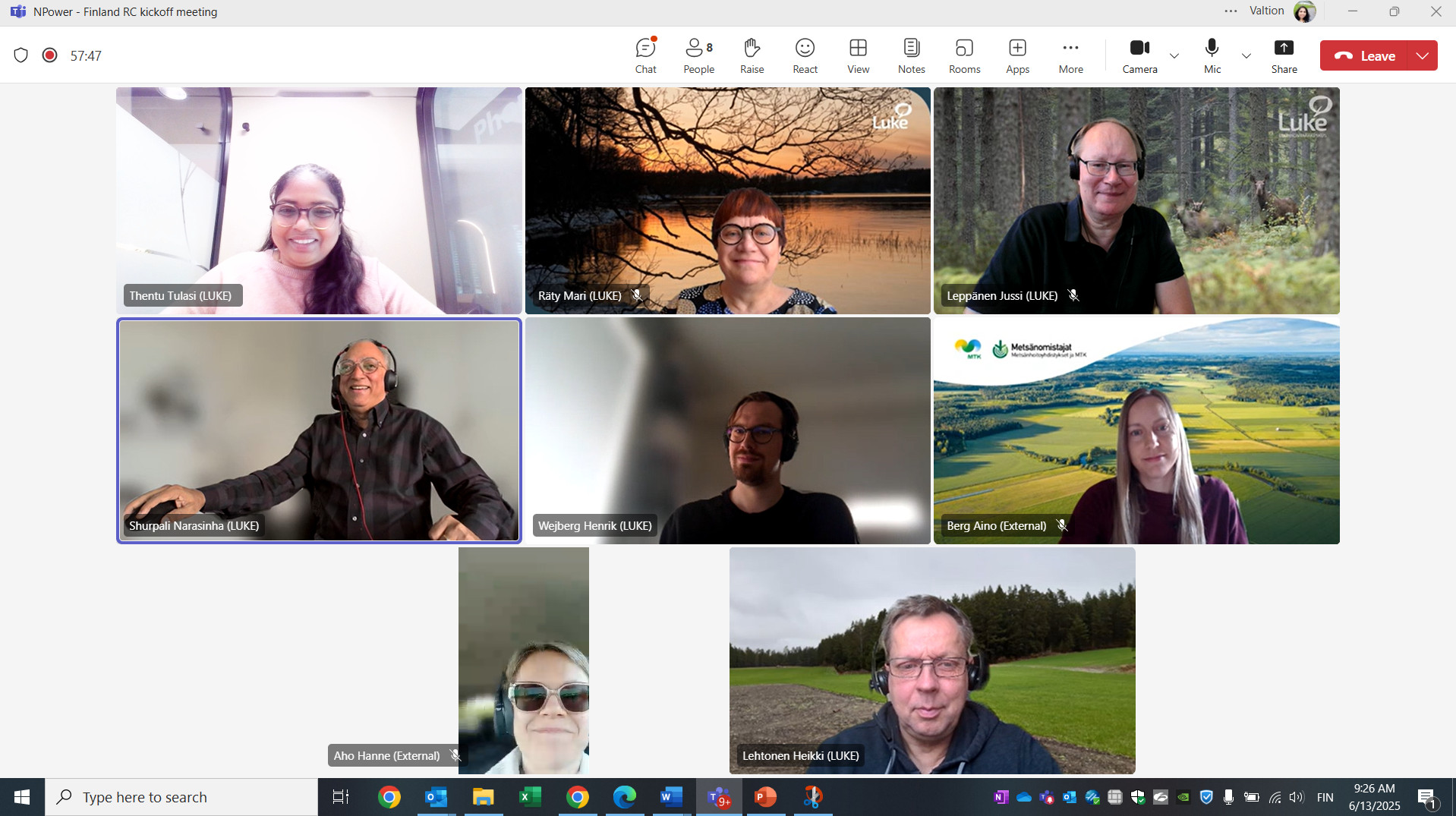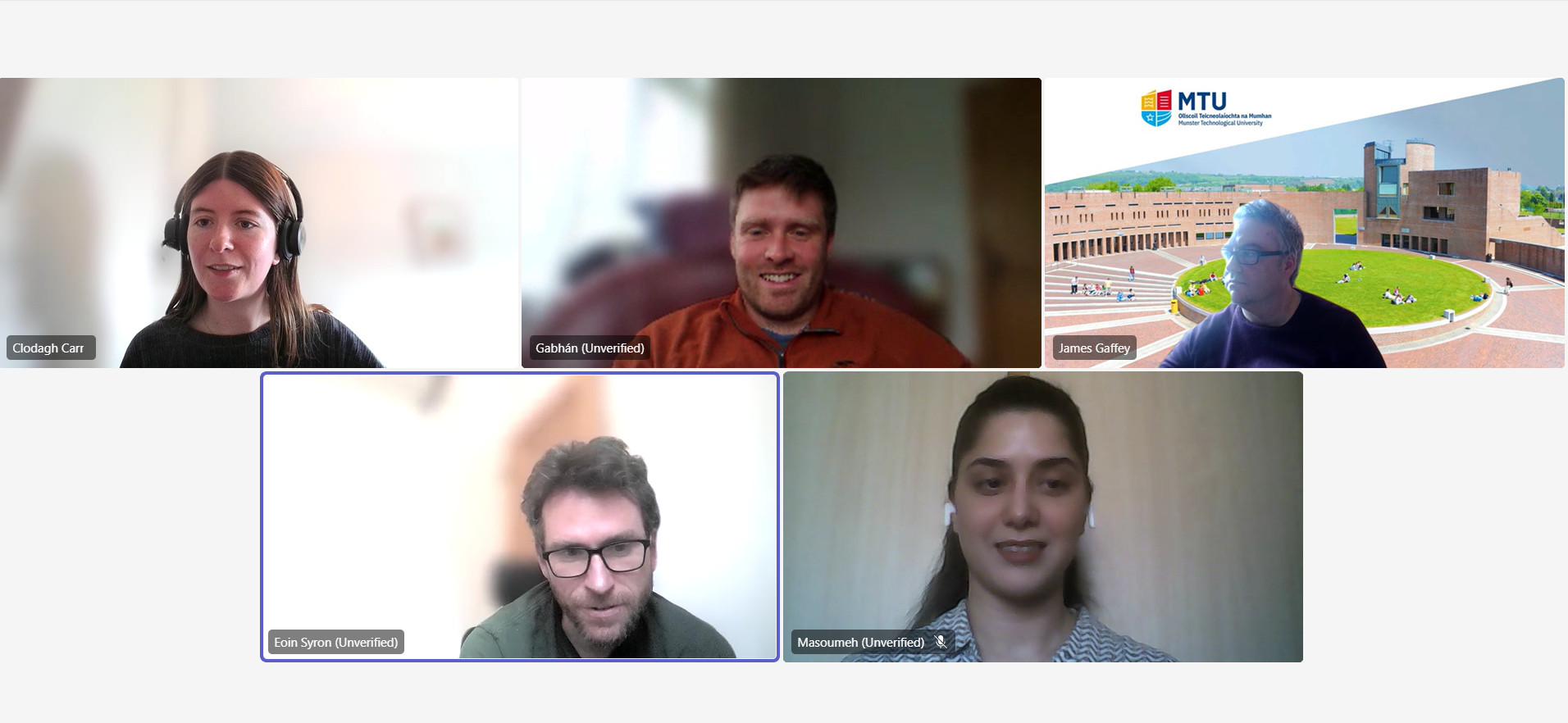6/23/2025
The NPower project has officially launched its four Regional Clusters (RCs) in Spain, Belgium, Finland, and Ireland. Each of them plays a central role in setting NPower’s work on the ground, acting as platforms to connect innovation with the realities of each territory.

The Regional Clusters are designed to:
Map sector-specific challenges and opportunities across the five key nutrient-emitting sectors: agriculture, water and wastewater management, food industry, energy and transport, and other bio-based primary sectors.
Engage local stakeholders through the formation of Multi-Actor Transition Groups (MATs).
Co-create circular, scalable and regionally adapted strategies to rebalance #Nitrogen and #Phosphorus flows and reduce environmental pressure.
Are you based in Spain, Belgium, Finland or Ireland and working in one of the following sectors?
If so, now is the time to get involved. Each NPower Regional Cluster has launched a form for organisations and individuals willing to contribute to the transition toward circular nutrient flows. Click on the link to join us and help shape the future of nutrient management in your region:
Now let’s take a look at the early insights from each Cluster:

The kick-off meeting in Cartagena brought together partners to advance discussions focused on mapping key actors, building synergy, and identifying nutrient flow challenges. Stakeholders highlighted the need to connect research with real-world solutions for sustainable nutrient recovery, including bio fertilizer innovation, circular water use, and cooperative involvement in agricultural transition.
Partners emphasised the importance of managing nutrient surpluses from intensive farming and addressing regulatory complexity. New opportunities were identified in insect protein, algae production, and wastewater valorisation. To boost stakeholder participation in the upcoming MATs, the team plans to collaborate with communication platforms like Nutricycle Vlaanderen and tailor outreach to each sector’s needs.

The Finnish Cluster explored challenges around ammonia emissions and manure-based fertilisation. Promising practices include the use of biochar and wetland systems for nutrient retention. The team highlighted the need to include underrepresented voices such as smallholders and rural municipalities, while recognising that energy and industrial actors may require different engagement strategies.

The Irish RC explored the link between circular nutrient strategies and issues like nitrate derogation, water quality, and rural community development. Participants recognised the importance of working with local organisations to shape a strong national Cluster. The food and beverage sector, alongside bioenergy, emerged as key focal points for innovation.
Each Regional Cluster will now launch five MATs (Multi-actor Transition group), one for each of the five key sectors, to support co-creation, validation of practices and uptake of innovative solutions. These groups will be essential to ensure knowledge exchange and tailor NPower’s outcomes to regional realities.
🚜💧🏭⚡🌊 If you belong to one of these sectors, agriculture, water & wastewater management, food industry, energy & transport, or other bio-based primary sectors, we would much invite you to connect with your local Cluster.
📅 Sector-specific workshops will be held in the coming months. Follow #NPower on LinkedIn and suscribe to the #newsletter to stay updated and get involved.